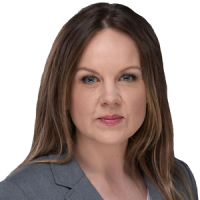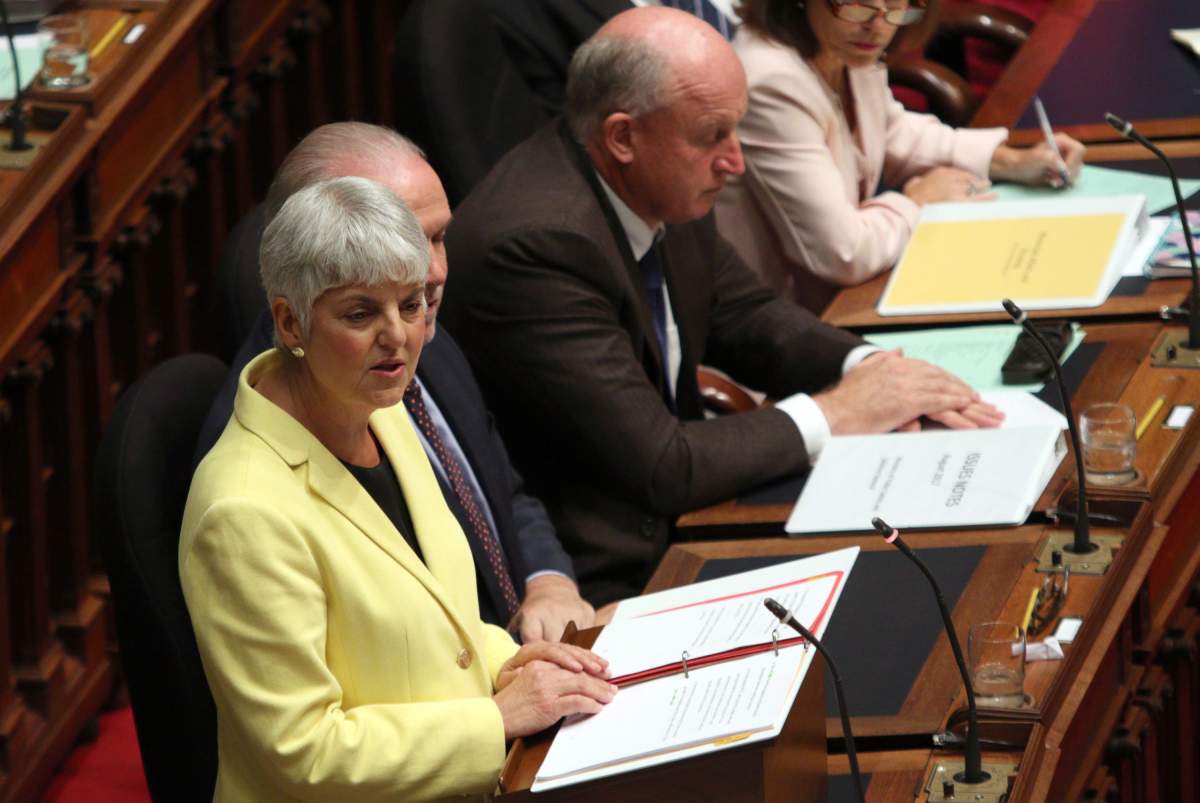Three-and-a-half months into its mandate and B.C.’s NDP government still hasn’t enacted key promises from its election platform to tackle housing affordability.

But the party’s finance minister denies the New Democrats are being timid on the housing file.
Carole James joined CKNW’s Jon McComb Wednesday morning with an update on what the party has done, and a timeline for what it hasn’t.
LISTEN: Carole James talks housing with Jon McComb
With the latest data showing foreign buyer activity picking up again in Metro Vancouver, and condo prices surging, the BC NDP now finds itself in the hot seat once occupied by its rivals, the BC Liberals.

Get breaking National news
James said she’s fully aware that this is a top public priority, and said her government has already taken action to the tune of $500 million in the form of new modular housing, funding for 1,700 units of purpose built rental, and new money for the Residential Tenancy Branch — all announced in September’s mini-budget.
- B.C. premier calls meeting between Alberta separatists, Trump officials ‘treason’
- ‘I would not pick a fight,’ Bessent warns Carney ahead of CUSMA talks
- Carney says Canada ‘preparing’ for CUSMA talks, will meet premiers regularly
- Pierre Poilievre prepares for leadership review as Conservatives gather in Calgary
None of those measures, however, are targeted at cooling the province’s white-hot real estate market or involve much in the way of major policy change.
In its election platform, the NDP promised to implement a two per cent absentee speculators tax, create a new agency to catch tax cheats and money launderers, and create a housing affordability fund.
Those actions, James told McComb, are coming.
“Less than 100 days and we’ve taken more action than the previous government did in 16 years. Is there more to do? You bet,” she said.
“Other pieces are coming. When it comes to money laundering, when it comes to actual challenges, actual loopholes, those are pieces we’re working on now.”
Any changes to tax policy can’t be unveiled until the February budget, James said.
Between now and then, James said the province is studying a full suite of tax changes, consulting with industry stakeholders like Airbnb and exchanging information with the federal government.
The goal, said James, is a policy that is both comprehensive and long term, and one which addresses both supply and demand issues. But she said getting it right will take time.
“It was pretty clear if you look at the foreign buyers’ tax that we’re continuing to see an uptake,” James said.
“It’s leveling out, but we’re continuing to see an uptake in foreign buyers. Many people believe that’s really the challenge when it comes to housing prices.
“Other people believe a speculation tax would be a better option. Other people believe that we have to look at Airbnb.”
James added that the province is talking with the Canada Revenue Agency about creating a registry for pre-sale condos to prevent speculators from flipping units and driving up prices.












Comments